Work Freedom – Seven Principles for true work life balance.
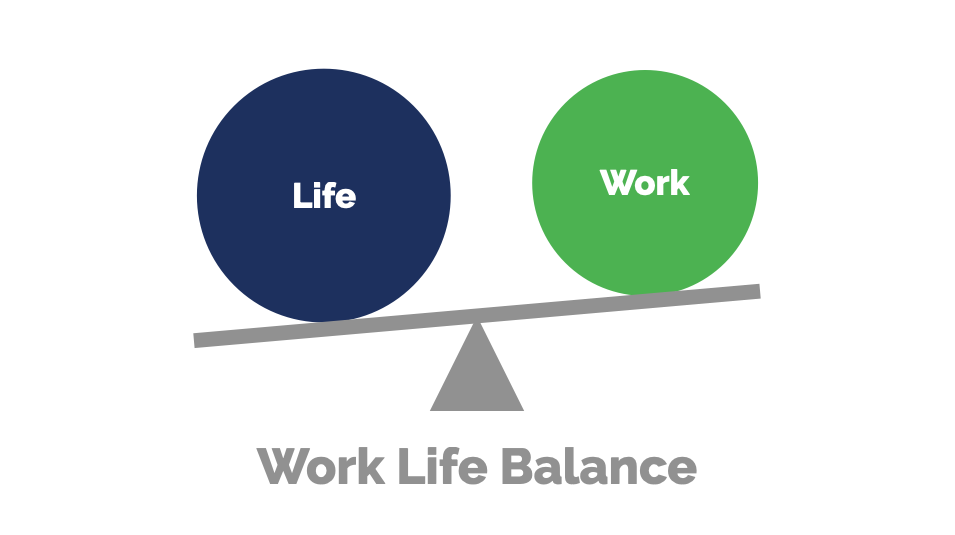 Work Life Balance is something that we all want. We want to enjoy our lives, enjoy our work and boost our well-being at the same time.
Work Life Balance is something that we all want. We want to enjoy our lives, enjoy our work and boost our well-being at the same time.
But the concept is flawed.
It’s like we’re putting work and life on a see-saw – work up one end and life down the other and trying to balance them. But it’s flawed because work and life are not separate events. When we’re at work, we’re always in life too. They’re simultaneous events – they happen at the same time.
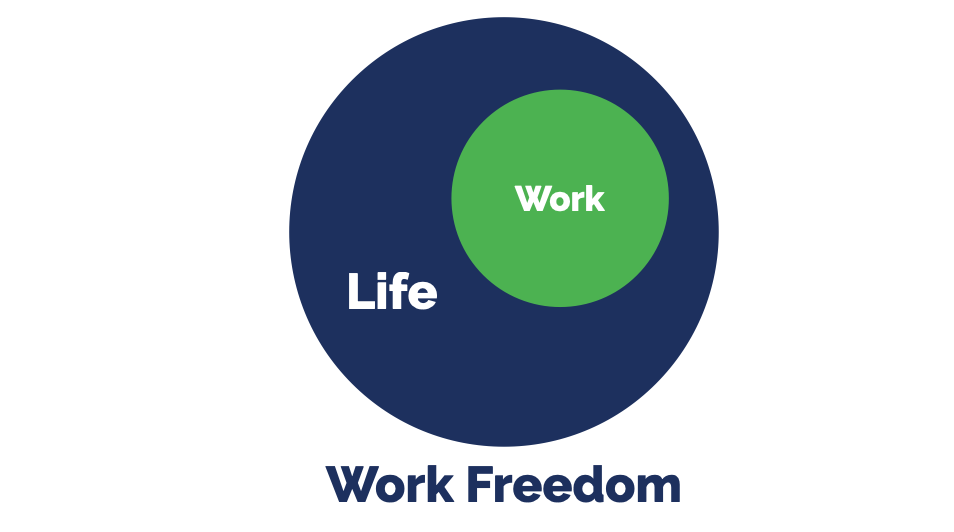 To achieve the same goal, instead of work life balance I think it’s more useful to talk about ‘work freedom’. Instead of trying to diminish work, let’s design it so it is fulfilling for us – so that it adds to life.
To achieve the same goal, instead of work life balance I think it’s more useful to talk about ‘work freedom’. Instead of trying to diminish work, let’s design it so it is fulfilling for us – so that it adds to life.
This is what the seven principles of work freedom offer – a chance to design your work so that it helps fulfil your overall life.
We don’t want to be lying on death’s door wishing we hadn’t spent so much time at work. Instead, we want to know that we spent our lives on things that were important to us knowing that some of that time will be devoted to our work.
Work Freedom in Jobs and Business
The Seven Principles of Work Freedom are written from the perspective of someone running their own business.
Generally, when we run our own business, we have more choice around these seven principles.
If you are in a job, you can still pursue and achieve them, you’ll simply have to have the support and partnership of your employer to make this possible.
1 Earn enough money
Work freedom number one is to earn enough money.
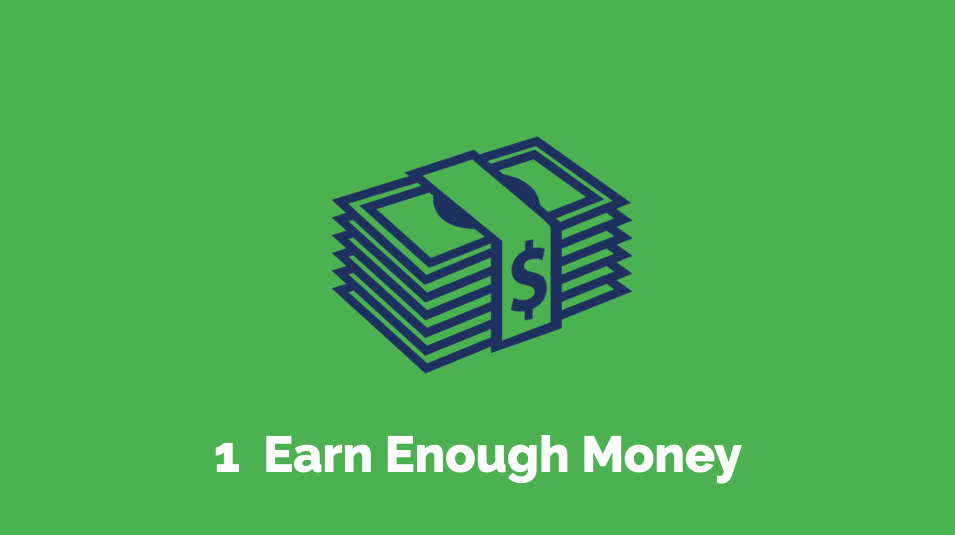
But while we need enough money for those things, there is a point where we can be too focused on money at the cost of other things.
That’s why we also need to ask, what is enough money?
Naturally, this will vary from one person to another depending upon your goals and aspirations. It will also vary during your lifetime. For instance, as a student, you might not want a lot of money, with a growing family you might want more and then in retirement, you might want less again.
Not earning enough makes it hard to be happy. It restricts our choice and our sense of freedom. But at the other end of the scale, earning more money doesn’t make you happier.
Where is the sweet spot around money for you?
The two key questions to ask are:
- What do you gain from your work? We want money but we are also paid in status, power, ego.
- What are the costs? To earn money costs our time, attention and opportunity cost – what could we be doing if we weren’t working, such as spending time with our family.
2 Do meaningful work
Work freedom number two is to do meaningful work.
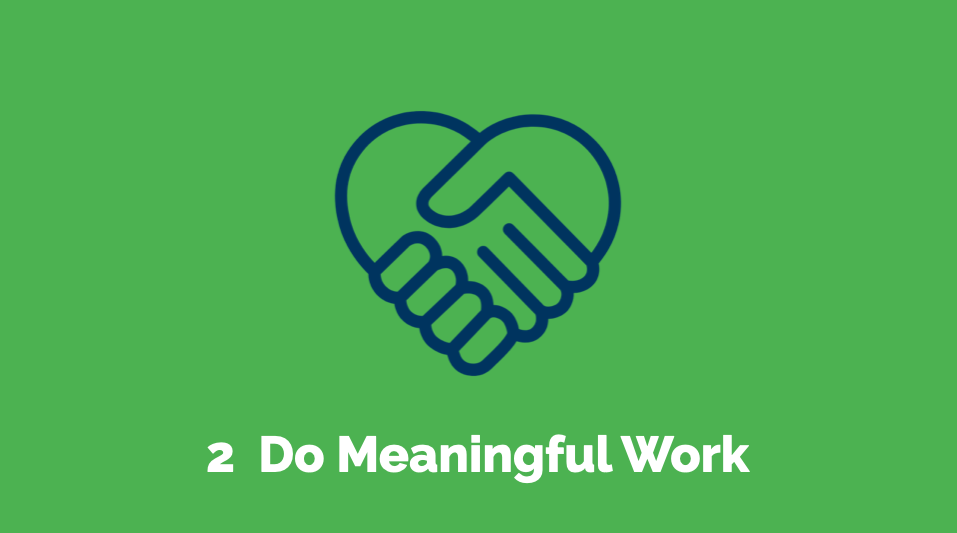
When we do work that is meaningful to us, we not only perform better, but we also enjoy our work more. But this is not just about the tasks we must complete, it’s also about what we bring to our work.
Therefore, we need to choose work that matters to us. Plus, we need to ensure that we are mindful to the work that we do. Ideally, we should be aiming for a state of flow – where we are fully engaged in something that interests us.
Two questions to ask yourself:
- Is the work you do something that is important to you?
- Are you experiencing flow in your work such that you lose track of time?
3 Work your best way
Work freedom number three is to work your best way.
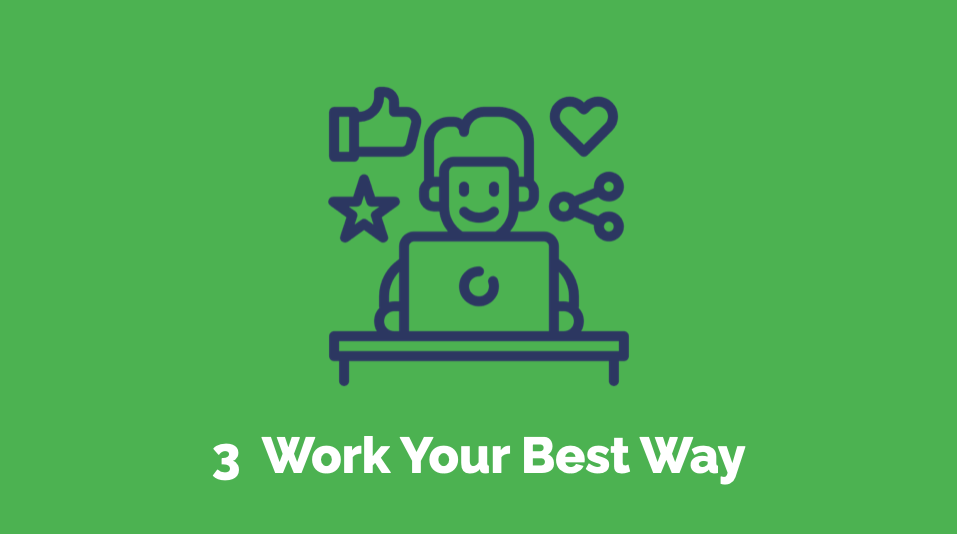
Freedom around your work is not just what you do, it’s also how you do it. It’s not just about working in our strengths and the things we prefer to do, it’s also about the control and level of choice we have over how we work.
We are at our best when we pursue mastery in our work. We stick at tasks for longer and this makes it more likely that we will succeed.
Two questions to ask yourself about how you work:
- Are you free to choose how you do your work?
- Do you have the skills to succeed?
4 Work with people you care about
Work freedom number four is to work with people you care about.
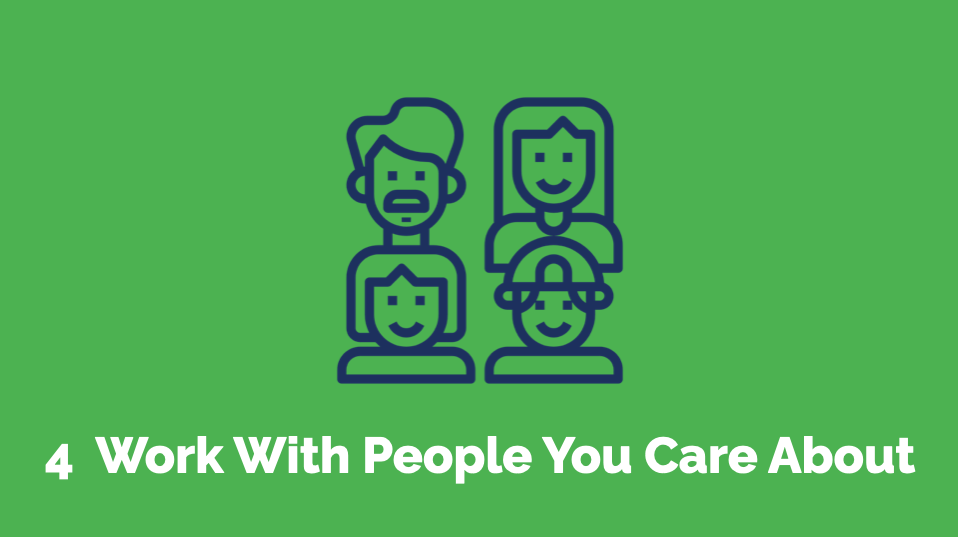
The people we work with matter. In a job, you may not have a lot of choices about who you work with, but when you’re running your own business, you can choose.
It follows that if you want to work with people you care about you need to ideally do two things:
- Be good at building relationships and caring for others. This might be as simple as developing good conversation and listening skills.
- Have some way to identify the type of people you do care about. The key here is to spot the things you have in common. This might be similar interests like football, similar values like being thrifty or similar activities like keeping fit.
Two questions to ask yourself about the people you work with:
- Who do you want to work with?
- What are the qualities of these people you want to work with?
5 Attract your ideal clients
Work freedom number five is to attract your ideal clients.
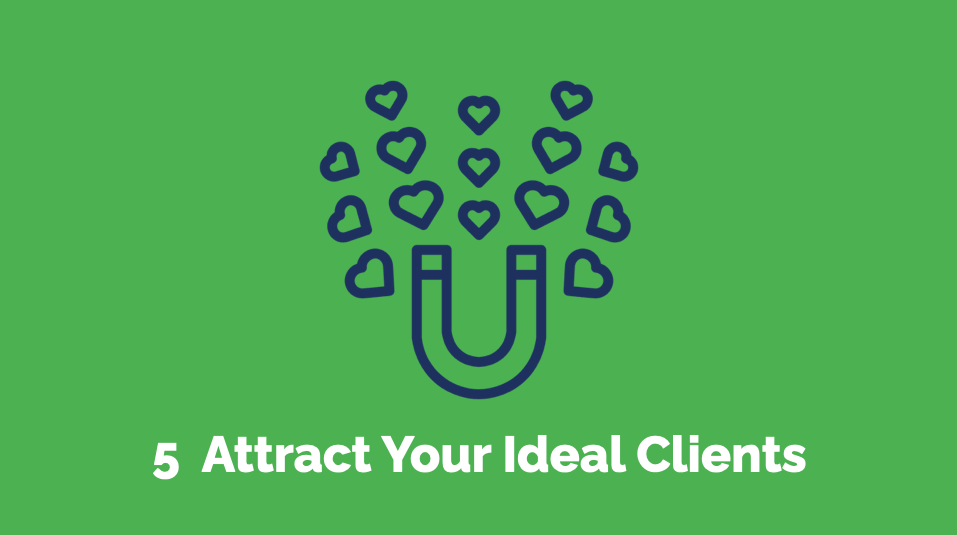
But it can be frustrating when you spend too much of your time chasing your next client just to pay the bills. It’s not just an energy cost, it’s also a cost to the time and attention that you could be putting into improving your business and delivering great service. It could be the difference between doing good work and great work.
Ideally, at some point in your business, you want to have a system for attracting clients so that you can spend more time serving them well.
For business experts, this all comes down to who knows you know – who knows you and what you can help people with. I spoke about this in an earlier blog post – Share what you know about business success.
Two questions to ask yourself to help you attract your ideal clients:
- Who is your ideal client?
- What is the best way to attract them?
6 Work in your ideal location
Work freedom number six is to work in your ideal location.
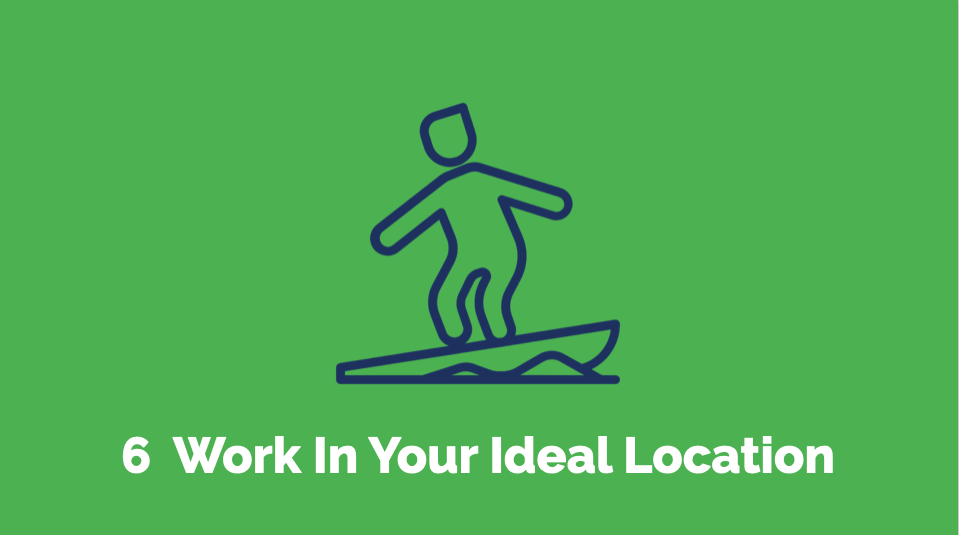
But today, with knowledge work, our work can happen wherever we are. We have laptops, mobile phones and the Internet to be able to communicate in real-time with anyone almost anywhere on the planet. We can now work from anywhere.
Surprisingly, the two best ways to determine your ideal location are not really about the location. The first is to decide who you want to spend time with. Being around your family or friends is likely to be the single biggest factor in determining where you choose to live. The second is around your choice of leisure activities. What do you want to do for fun?
Two questions to ask yourself:
- Who do you want to spend your life with every day?
- What do you want to do for leisure or play when you’re not working?
For more on this, I talked about this in an earlier video: Lifestyle Design for Business Experts.
7 Have a social impact
Work freedom number seven is to have a social impact.

The obvious impact for any business beyond yourself is the benefit you provide to your customers and clients. Plus, the income you provide for your staff, contractors and suppliers.
But there is another level: What is the social impact of your business? This is not just about the ‘feel good’ factor of doing good for your community. It’s also about the scale of the value and influence you have within your community. You may even want to consider this as part of your legacy in life.
When we only think about ourselves, we gain so much. But when we include more people in our thinking, we can build a bigger pie for everyone.
Two questions you might ask yourself:
- What impact does your work have on the community?
- What value could you provide?
Summary: Seven Principles of Work Freedom
Let’s wrap up what we’ve covered here so far.
- Work Life Balance is based on a good intention – to be happy and well in our lives and our work.
- But it is based on a flawed idea that they are separate things that can be balanced.
- A better thing to focus on is Work Freedom – the things that give us joy and wellbeing in our work.
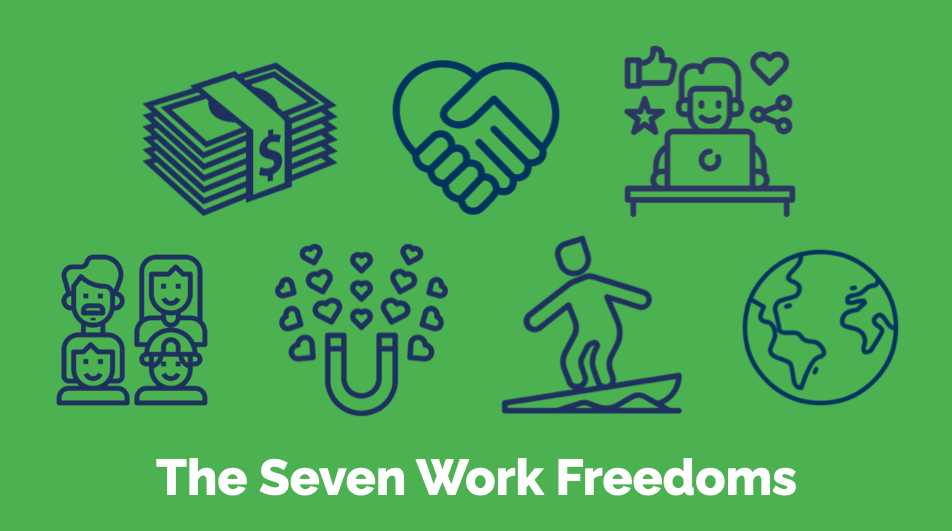
- Earn enough money
- Do meaningful work
- Work your best way
- Work with people you care about
- Attract your ideal clients
- Work in your ideal location
- Have a social impact
The great opportunity with these seven principles of Work Freedom is that you can choose your own answers. Set yourself free and choose the way you want to live and work.
More on Work Freedom
If you have any questions about how to do this, feel free to add a comment below and if you want coaching around this head over to Anywhere Experts. Plus here are three related posts on Work Freedom:
- Share what you know about business success
- Lifestyle design for business experts
- How to be successful as an expert in business



